Why Beyoncé's "New" Song 'Before I Let Go' Sounds So Familiar
It's actually a spin on an old classic.
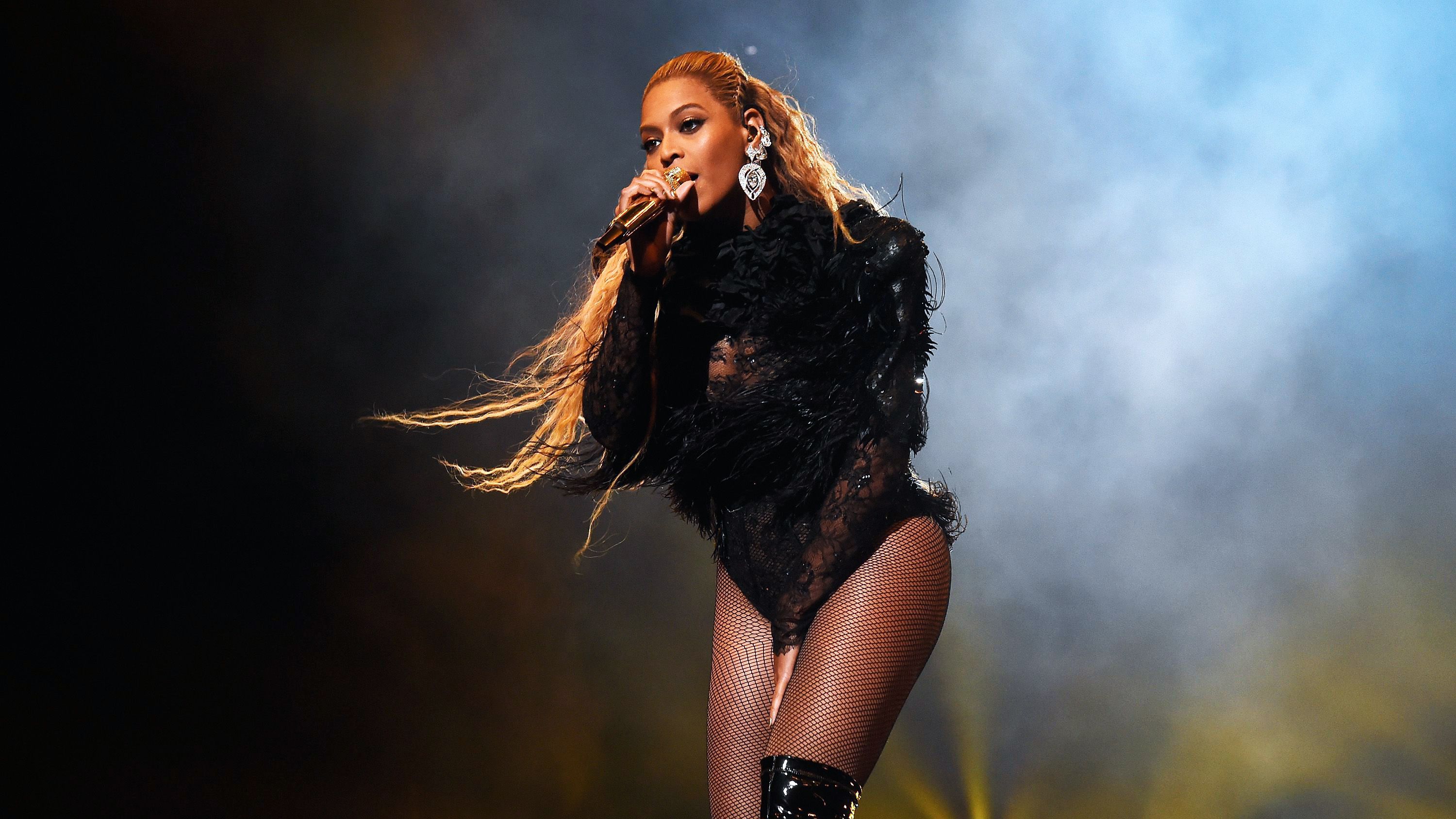
Earlier today, Beyoncé stealthily released her seventh album and wreaked havoc on the internet. Almost all 40 tracks on Homecoming: The Live Album are classic favorites, from the underrated bop "Check On It" (one of Beyoncé's BEST songs, and I said what I said), to the scream-at-the-top-of-your-lungs power ballad "I Care." However, I had to pause when I got towards the end of the album. Is that...what I think it is? Yes—it absolutely is. The penultimate track on Homecoming, titled "Before I Let Go," is actually a remake of the iconic Frankie Beverly and Maze song.
Released in 1995, the original song has gone on to be one of the staple songs of every Black barbecue, wedding, and family reunion; it's one of the electric slide big three, right up there with Cameo's "Candy" and Gap Band's "Outstanding." (honorable mention: Luther Vandross's "Never Too Much"). The cult favorite is an essential and recognizable part of the Black American zeitgeist, and it's kind of a big deal.
Why does it matter? Well, Beyoncé is making a huge statement by including a cover of "Before I Let Go" in her seventh album. Despite knowing that many of her listeners would hear the song and not think twice about its origins, Beyoncé added "Before I Let Go" because she knew that a significant number of us would immediately recognize it. Beychella and Homecoming are a heartfelt salute to the Black experience, as evidenced by the performance's utilization of the classic sounds of HBCU marching bands and the smooth moves of majorettes. Horns, step routines, the swag surf—in case you forgot, Beyoncé is Black with a capital B. "Before I Let Go" is another reminder of that fact.
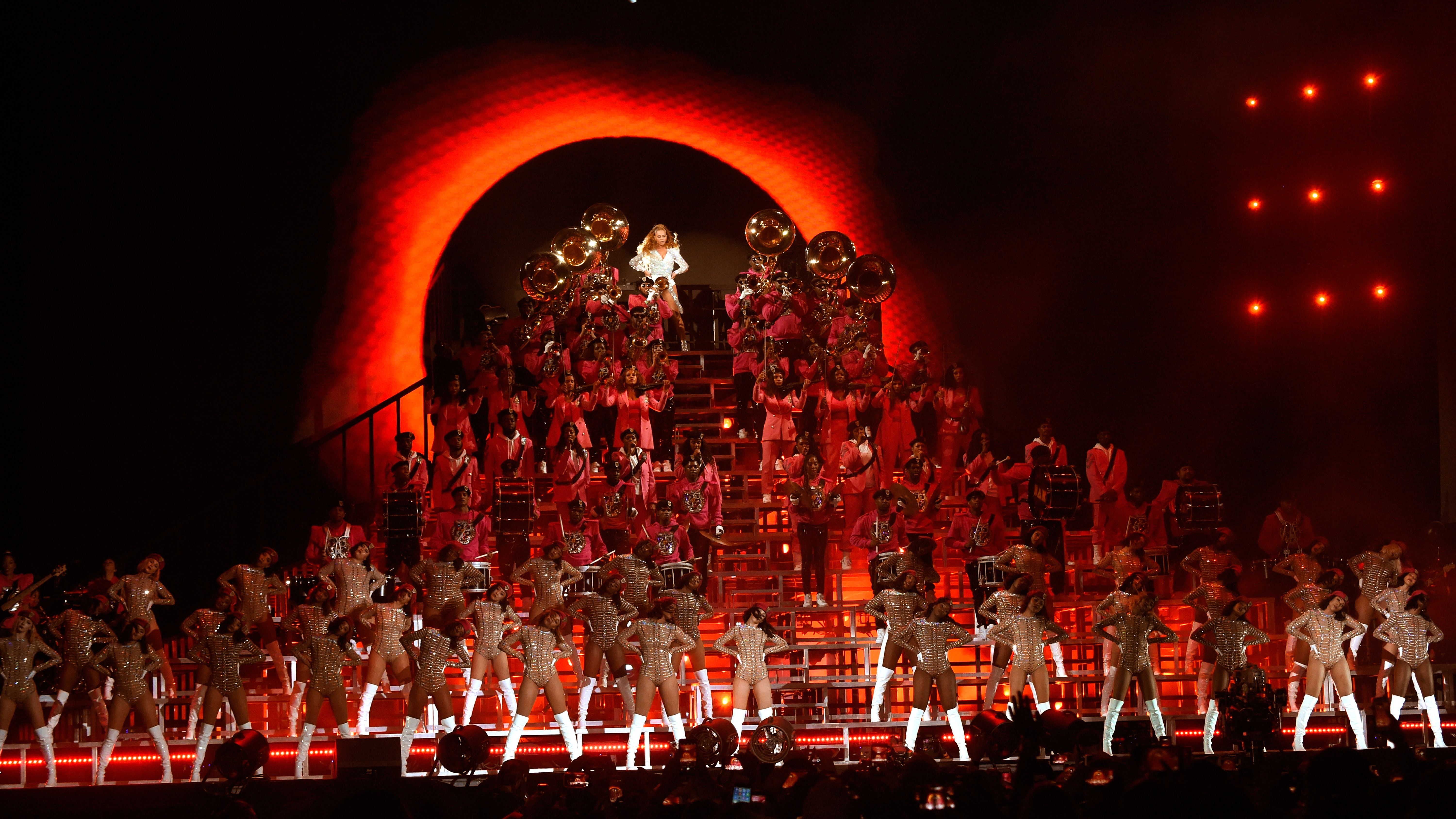
The remake of "Before I Let Go" emphasizes the for us, by us, we are family, we're all in this together vibe of Beychella. As if the original song wasn't Black enough already, Beyoncé's cover features the jig-inducing elements of New Orleans bounce music, a nod to her Louisiana roots. On top of that, the horns are literally blaring the melody of "Candy." This is prime electric slide music, y'all.
As the song closes, Beyoncé sets listeners up for what is sure to be the next line dance at your next family function, day party, or boozy brunch:
"Ooh (to the left), I just wanna have a good time (turn around)
Turn around, kick then slide
And twirl that ass to the right, now
Ooh, bunny hop, bunny hop, drop, pop
Cross your legs, turn around and clap
Shuffle to the left, let’s glide now
Ooh, drop it down, drop it down low, low
Low, low, low to the floor, floor
Bring it up, clap, then roll, roll
Step on em, step on em, step on em, step
Step on em, kick on em, stomp then you step
Swag the right, surf the left
Work the middle till it hurt a little"
Those are directions, people. Beyoncé is practically commanding us to get up and move. And when Beyoncé says "dance," you dance.
Stay In The Know
Get exclusive access to fashion and beauty trends, hot-off-the-press celebrity news, and more.
Homecoming: The Live Album is now available for streaming on every major platform.
For more stories like this, including celebrity news, beauty and fashion advice, savvy political commentary, and fascinating features, sign up for the Marie Claire newsletter.
RELATED STORIES
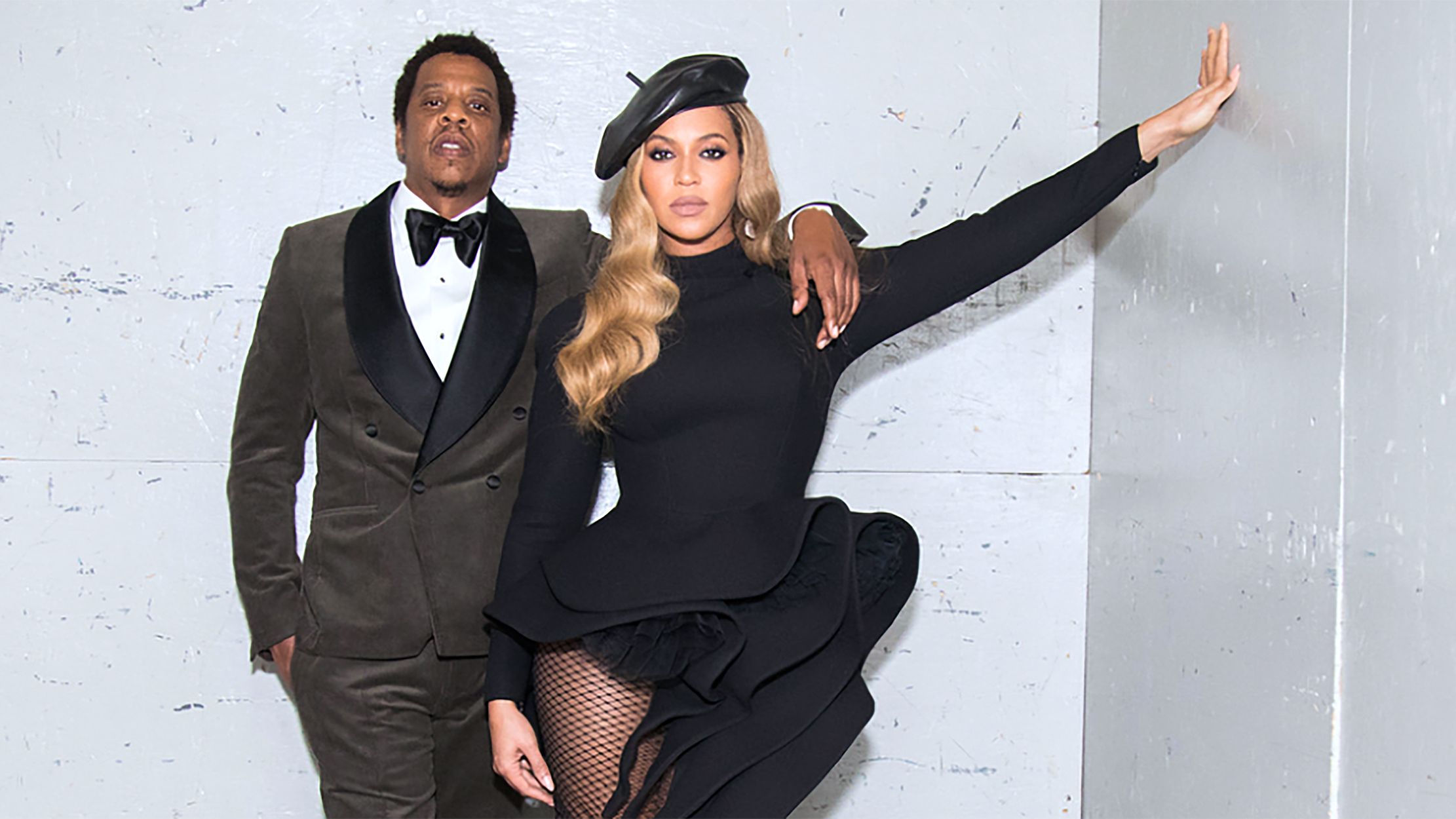
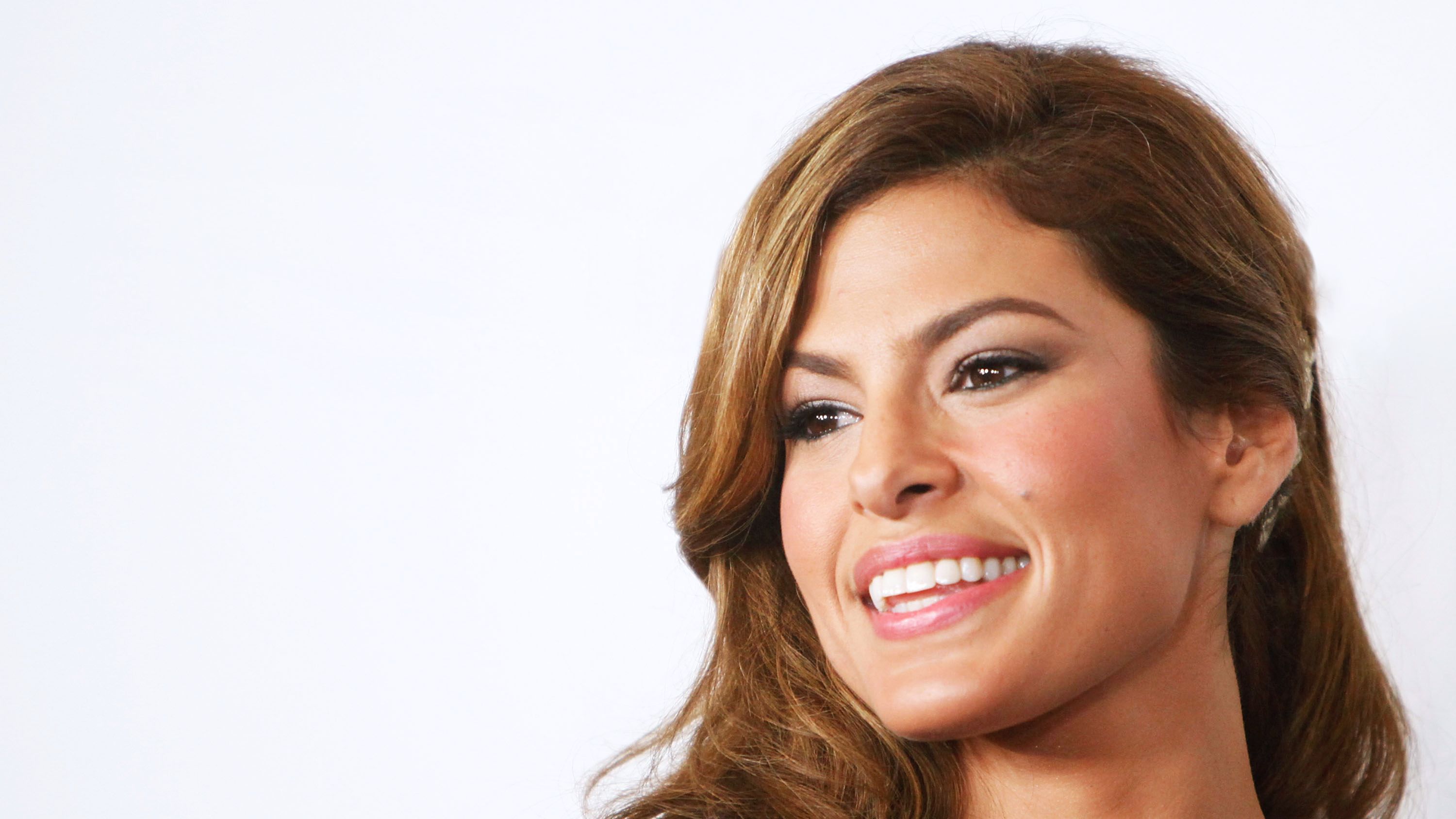

Lagos-born and Houston-raised, Ineye Komonibo is a writer and editor with a love for all things culture. With an academic background in public relations and media theory, Ineye’s focus has always been on using her writing ability to foster discourse about the deep cyclical relationship between society and the media we engage with, ever-curious about who we are and what we do because of what we consume. Most recently, she put her cultural savvy to work as a culture critic for R29 Unbothered, covering everything from politics to social media thirst to the reverberations of colorism across the African diaspora.
-
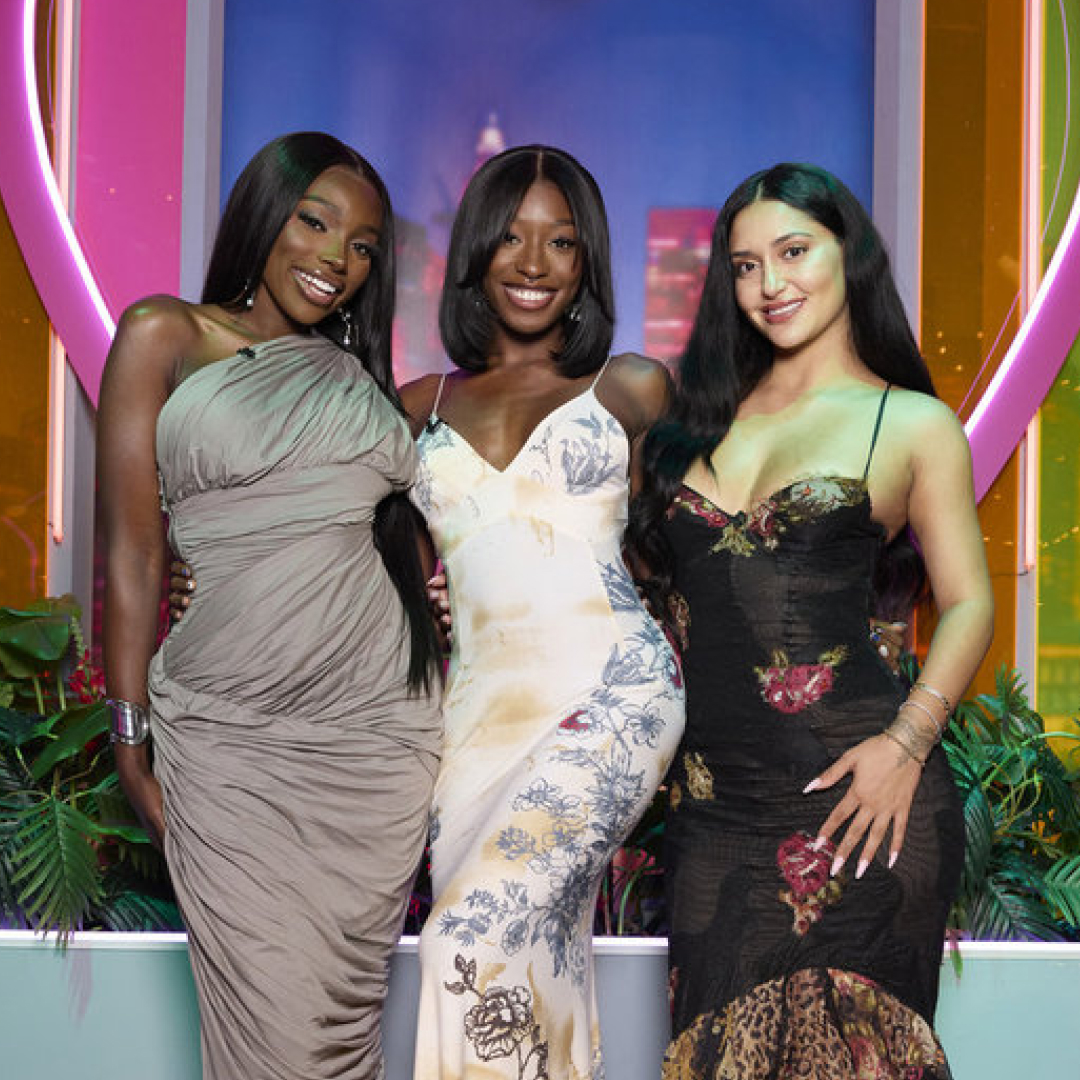 Let's Go, PPG, Fans! A New Peacock Series Starring the 'Love Island USA' Season 6 Cast Is Coming Soon
Let's Go, PPG, Fans! A New Peacock Series Starring the 'Love Island USA' Season 6 Cast Is Coming SoonWe're already clearing our summer schedules for 'Love Island: Beyond the Villa.'
By Quinci LeGardye
-
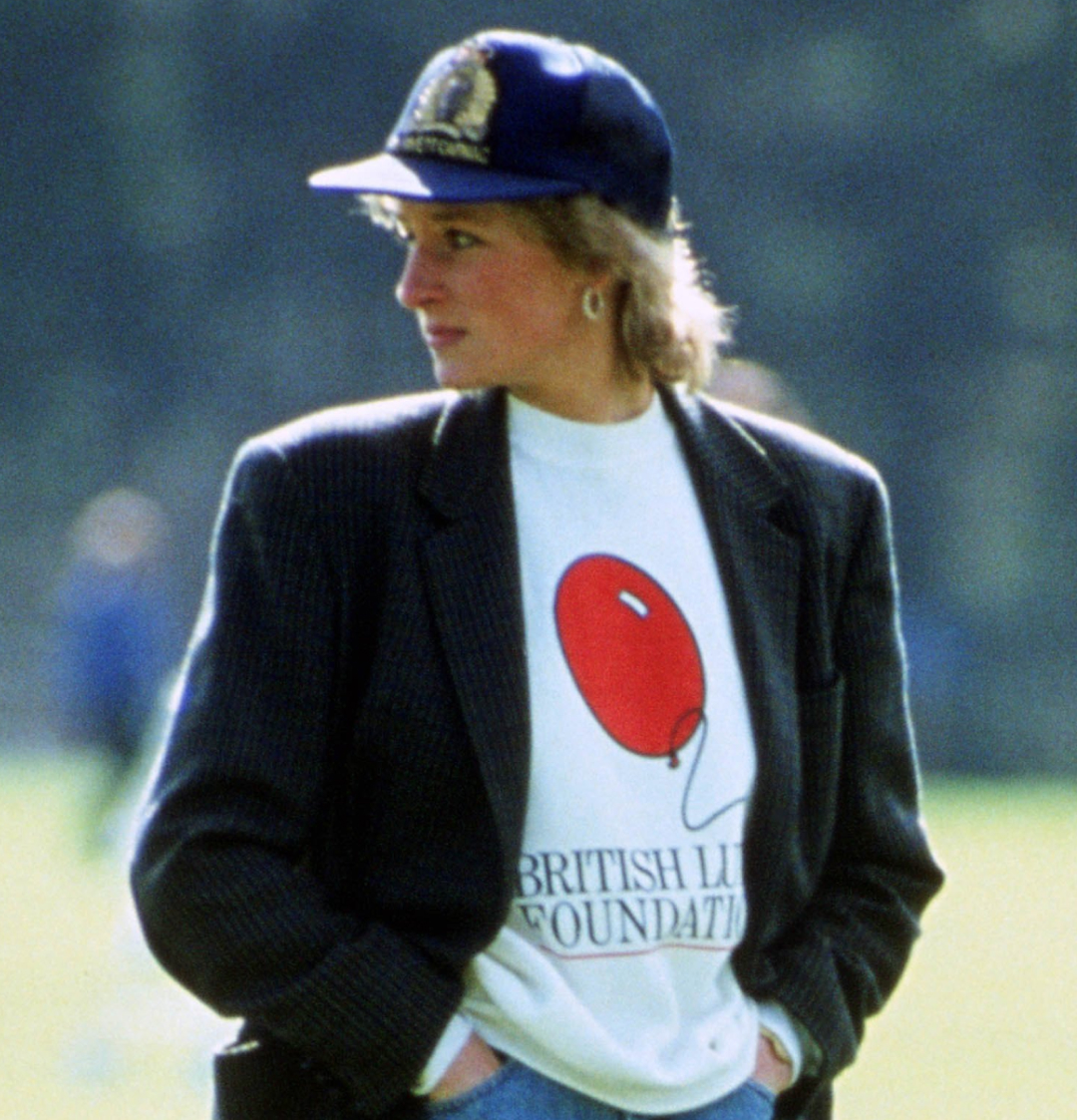 Why Princess Diana Didn't Move to America
Why Princess Diana Didn't Move to AmericaThe late royal's friend opened up about the princess's American dream.
By Kristin Contino
-
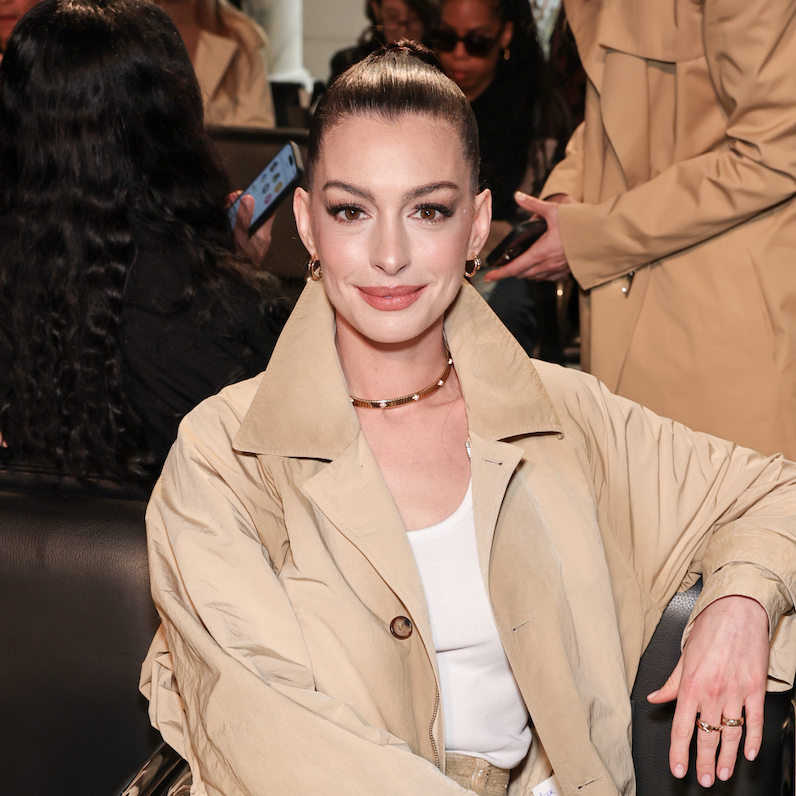 Anne Hathaway Doubles Down on Luxury's Favorite Neutral
Anne Hathaway Doubles Down on Luxury's Favorite NeutralShe painted herself in the timeless hue.
By Kelsey Stiegman
-
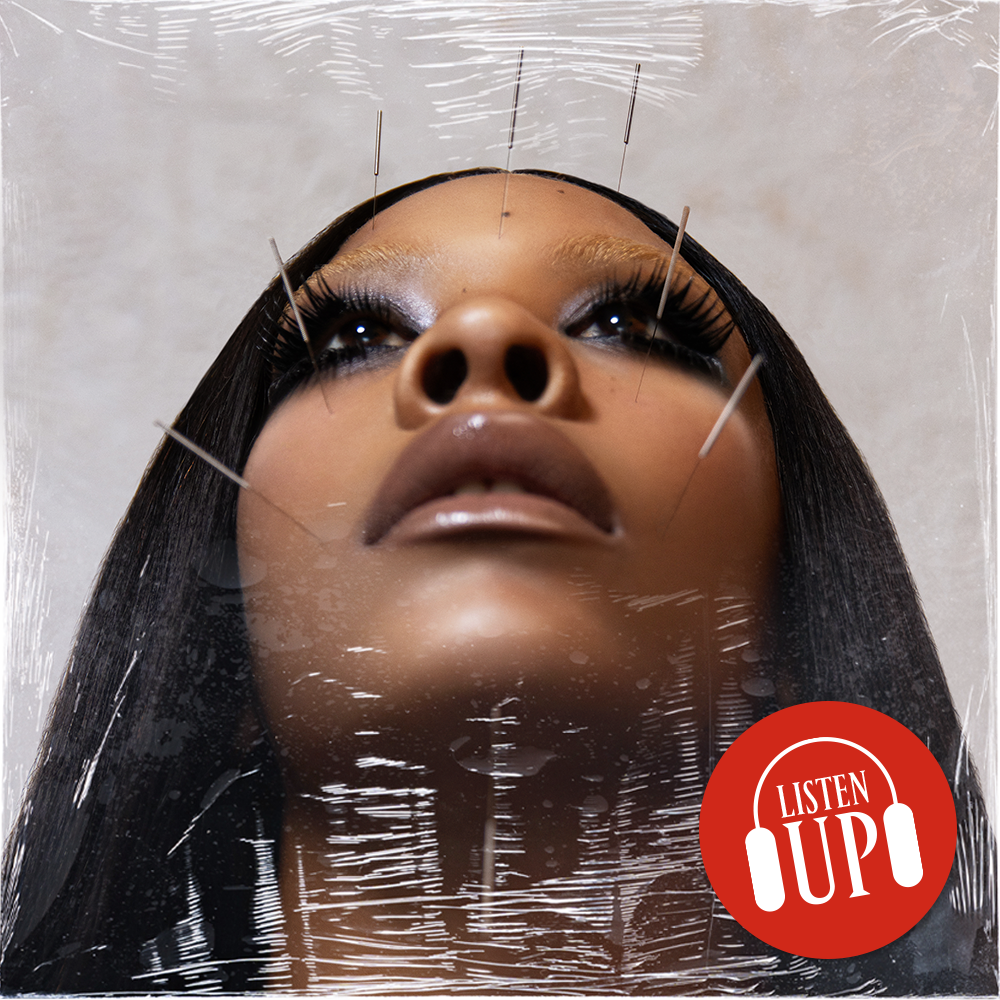 Rico Nasty Shares What Music Shaped Her—and What's on Her Playlist Now
Rico Nasty Shares What Music Shaped Her—and What's on Her Playlist NowWith her new album 'LETHAL' coming soon, the rapper opens up about her musical preferences for the 'Marie Claire' series "Listen Up."
By Sadie Bell
-
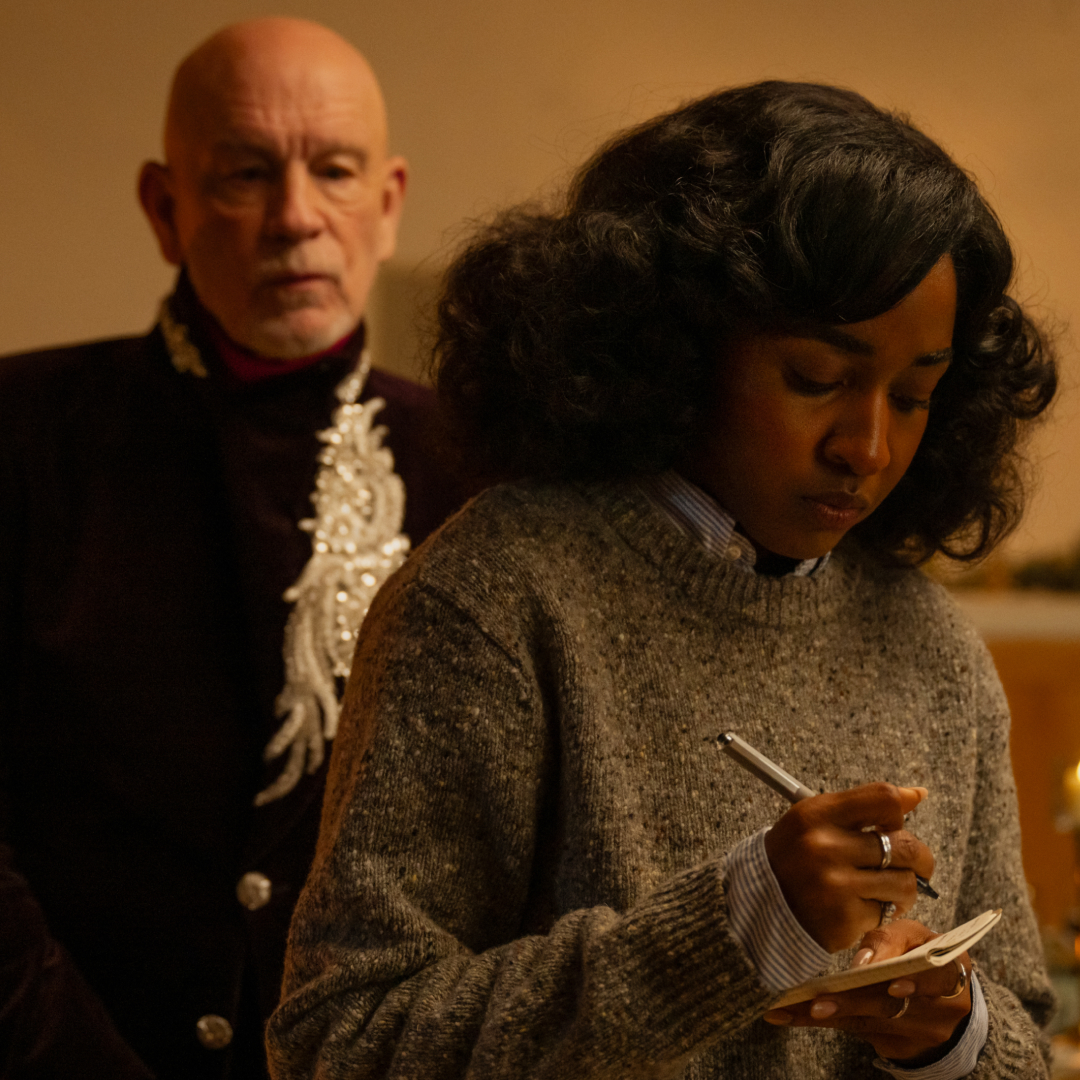 In 'Opus,' Cult Leaders and Pop Stars Are One in the Same
In 'Opus,' Cult Leaders and Pop Stars Are One in the SameThe A24 film's costume and production designers open up about crafting fictional pop icon Moretti’s style and mysterious estate.
By Sadie Bell
-
 The Melancholic Sound of Success
The Melancholic Sound of SuccessThe artist known as Japanese Breakfast opens up about finding her sound on a new album after experiencing whirlwind success.
By Sadie Bell
-
 LISA, Doja Cat, and Raye Perform a Glamorous 'James Bond' Tribute at the 2025 Oscars
LISA, Doja Cat, and Raye Perform a Glamorous 'James Bond' Tribute at the 2025 OscarsThe Academy Awards are for the pop girls, actually.
By Quinci LeGardye
-
 Aly & AJ Share What Music Shaped Them—And What's on Their Playlist Now
Aly & AJ Share What Music Shaped Them—And What's on Their Playlist NowWith their new album 'Silver Deliverer' coming soon, the sister act opens up about their musical preferences for the 'Marie Claire' series "Listen Up."
By Sadie Bell
-
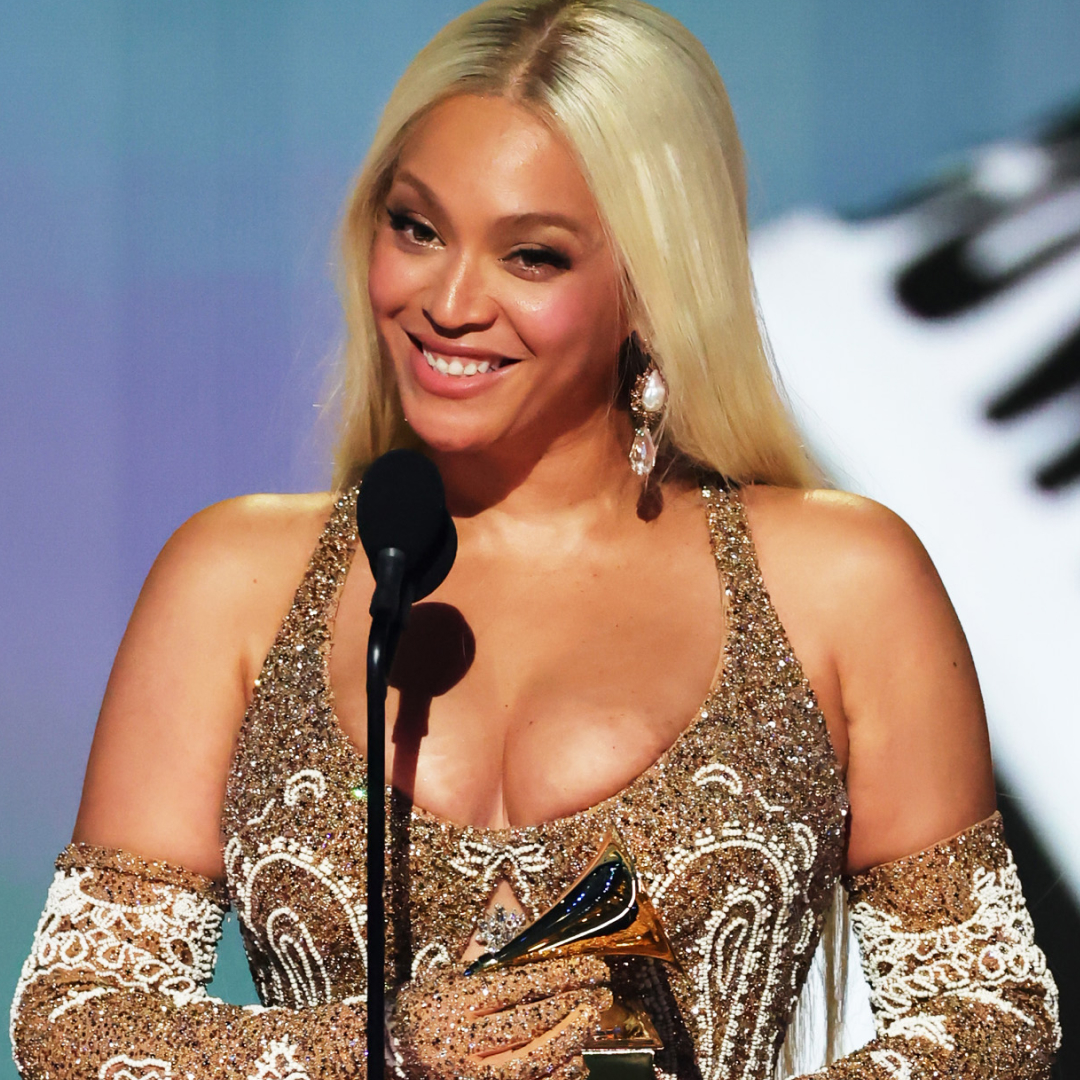 Beyoncé Wins Album of the Year for the First Time Ever at the 2025 Grammys
Beyoncé Wins Album of the Year for the First Time Ever at the 2025 GrammysThe superstar—who has the most wins in the award show's history—took home the biggest prize of the night for 'Cowboy Carter.'
By Sadie Bell
-
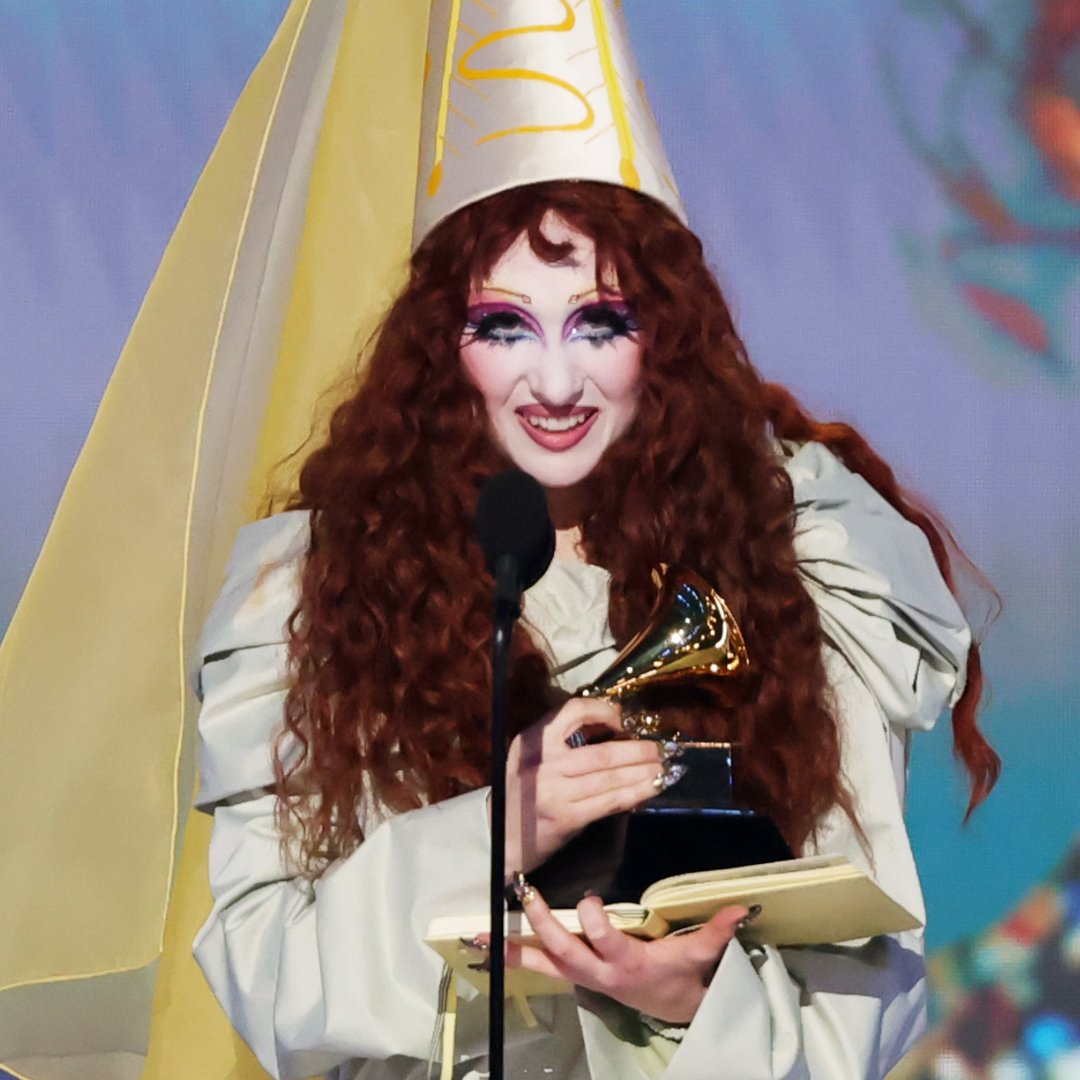 Chappell Roan Wins Best New Artist at the 2025 Grammys—And Called Upon Record Labels to Enact Artist Healthcare Reform
Chappell Roan Wins Best New Artist at the 2025 Grammys—And Called Upon Record Labels to Enact Artist Healthcare ReformThe Midwest Princess made a powerful speech while accepting the award for Best New Artist.
By Quinci LeGardye
-
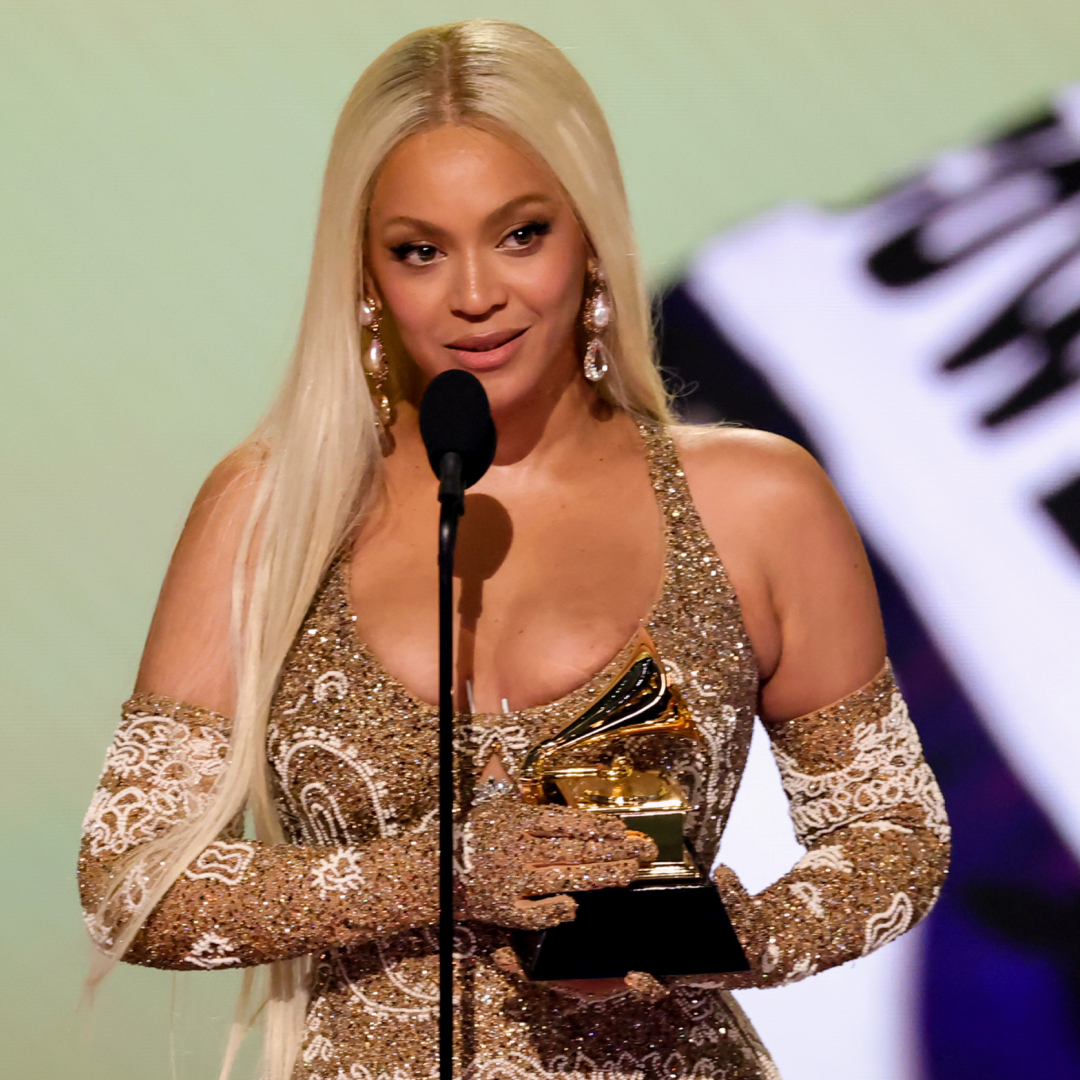 Beyoncé Wins Best Country Album at the 2025 Grammys
Beyoncé Wins Best Country Album at the 2025 GrammysThe superstar is the first Black woman to ever win the honor.
By Quinci LeGardye